Qatar and Brazil - A Multifaceted Partnership in Diplomacy, Trade and Culture
2025/07/15
Years of Culture
false
2025/07/15

From formal state visits to cultural and educational initiatives, this article will explore the depth and diversity of Qatar-Brazil relations. It will also revisit the landmark Qatar-Brazil 2014 Year of Culture, a celebration that continues to shape the countries’ strong relationship today.
Official diplomatic ties between Qatar and Brazil were established in 1974 and have evolved significantly in the decades since. The two countries maintain active diplomatic missions, fostering political dialogue and promoting mutual interests.
First inaugurated in 1997, the Embassy of Brazil in Doha plays a crucial role in strengthening bilateral cooperation and supporting Brazilian nationals in Qatar. His Excellency Ambassador Marcelo Otávio Dantas Loures da Costa has represented Brazil in Qatar since 2023 and has overseen various diplomatic and cultural initiatives.
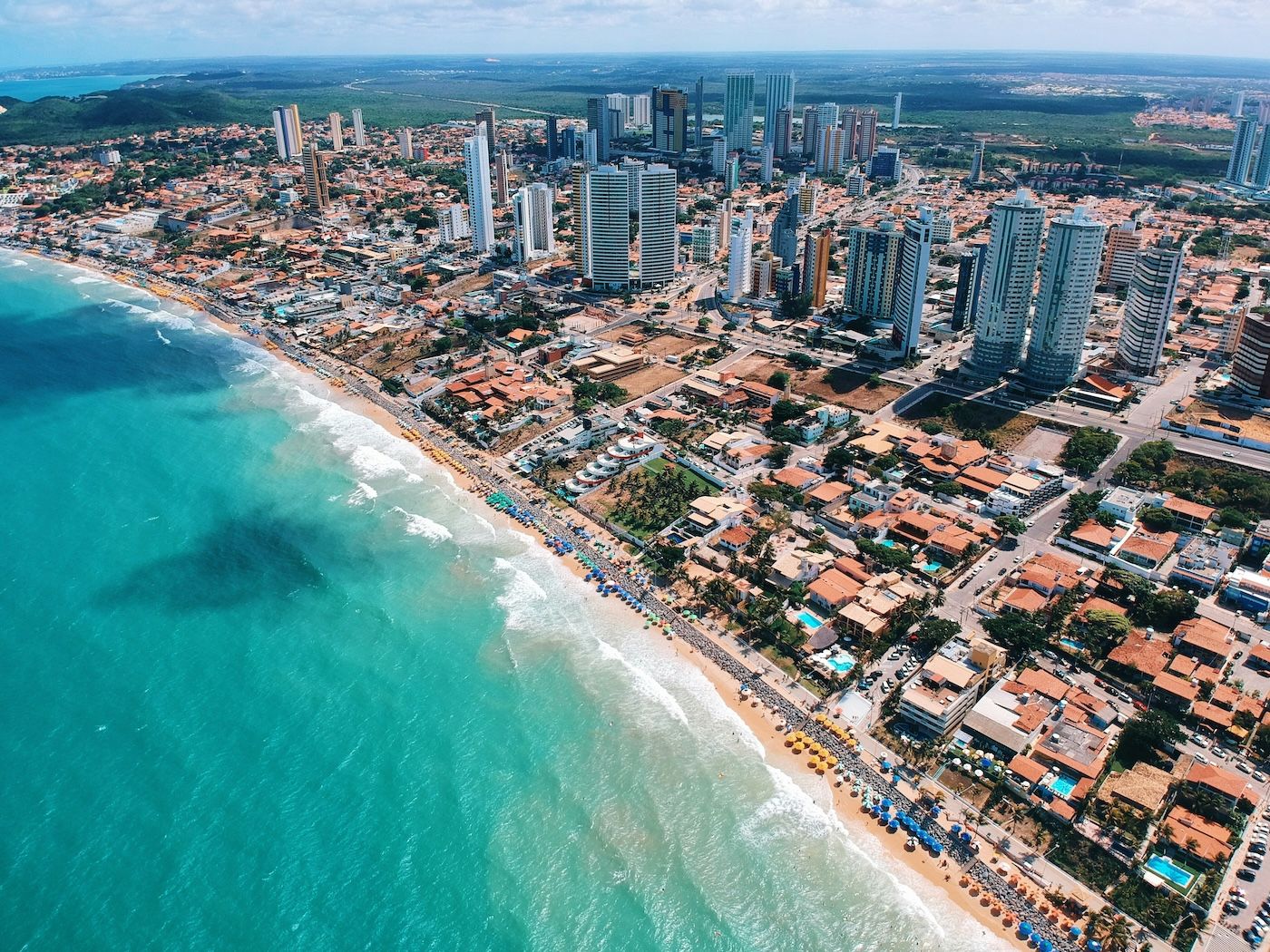
Qatar maintains a diplomatic presence in Brazil through the Embassy of the State of Qatar in Brasília, currently headed by His Excellency Ambassador Ahmed Mohamed Ali Mohamed Al Shaibani. A reciprocal visa exemption has been in place since 2019 between Qatar and Brazil, for holders of ordinary passports.
Bilateral ties between Qatar and Brazil have been further deepened through a series of high-level official visits. In 2010, then Brazilian President Luiz Inácio Lula da Silva visited Doha, while His Highness the Father Amir, Sheikh Hamad bin Khalifa Al Thani also made an official visit to Brazil, during which several bilateral agreements were signed.
In 2014, His Highness the Amir Sheikh Tamim bin Hamad Al Thani also welcomed then Brazilian President Dilma Rousseff to Qatar, for high level talks. Former Brazilian President Jair Bolsonaro also visited Qatar twice, in October 2019 (marking the 45th anniversary of bilateral relations) and November 2021, as part of a regional tour.
More recently, His Excellency Minister of State Sheikh Fahd bin Faisal Al Thani represented Qatar at President Lula’s inauguration in January 2023, and President Lula made an official visit to Qatar in November 2023. His Highness The Amir Sheikh Tamim bin Hamad Al Thani also participated in the 2024 G20 Summit in Rio de Janeiro, accompanied by an official delegation.
The two nations also cooperate in multilateral forums such as the UN and G77, promoting shared goals in development and international relations.
Qatar Brazil business relations have flourished over the years, grounded in strong diplomatic and economic ties. According to the Qatar Chamber of Commerce and Industry, Brazil is a key trading partner in Latin America, with annual trade volumes increasing from QAR 2.1 billion in 2020 to QAR 3.8 billion in 2021.
The trade relationship between Qatar and Brazil is grounded in strong diplomatic and economic ties. Qatar imports key Brazilian commodities, while Brazil imports fertilisers and chemical products from Qatar. This exchange has laid the groundwork for broader cooperation and joint ventures.
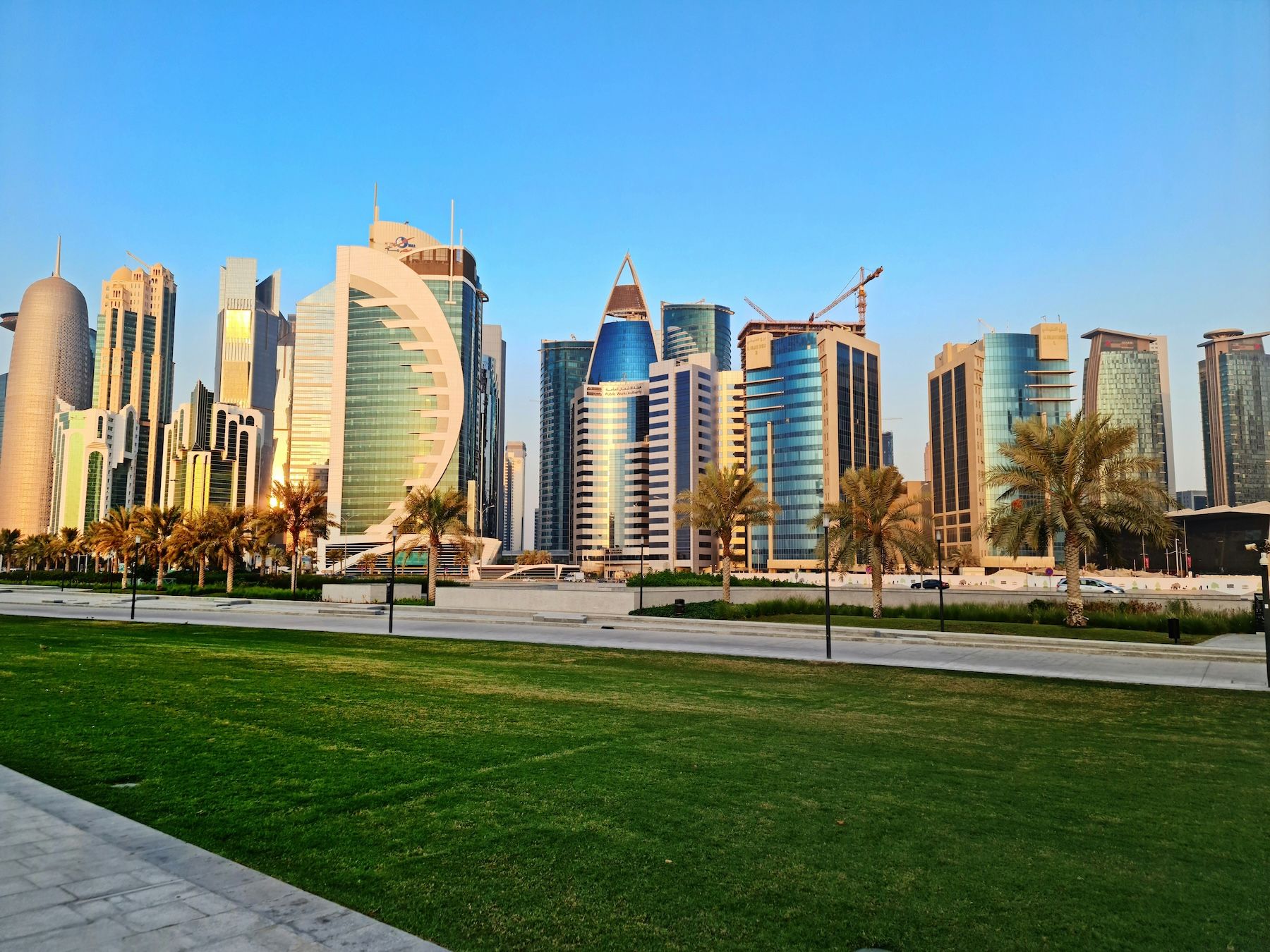
In 2010, a joint business council between the Qatar Chamber of Commerce and the Arab-Brazilian Chamber of Commerce was established. The Qatar Chamber and the Brazilian Trade and Investment Promotion Agency (ApexBrasil) organise business forums and trade delegations to explore mutual investment opportunities.
In May 2025, Qatar hosted the Brazilian Northeast Trade and Investment Seminar, where Brazilian officials highlighted the region’s rapid growth and invited Qatari investors to explore prospects in infrastructure, tourism, and hospitality.
In recent years, strategic investments have become a cornerstone of Qatar-Brazil relations. In 2023, Qatar Investment Authority (QIA) expressed interest in exploring opportunities in Brazil’s infrastructure and energy sectors. QatarEnergy also owns a 20% stake in the Agua Marinha offshore oil block in Brazil, alongside TotalEnergies and Petronas. These developments indicate an upward trend in Qatar Brazil business engagements, spanning energy, food security, infrastructure, and finance.
Qatar and Brazil share a vibrant and ever-evolving cultural rapport, characterised by an exchange of traditions, knowledge, and creative expressions. From a passion for football to educational initiatives, the two nations continue to explore shared values through collaboration.
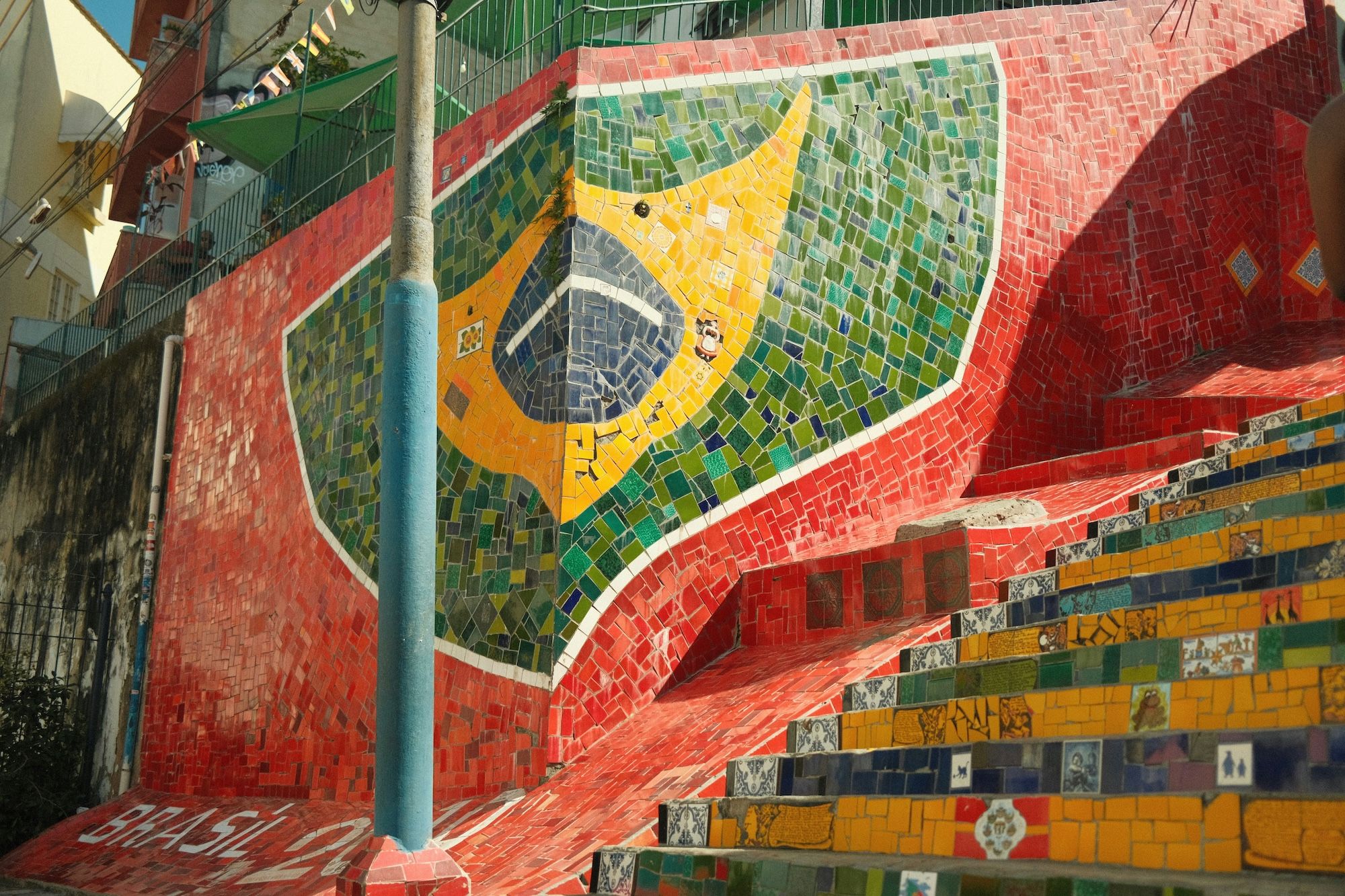
Sport, especially football, has emerged as a powerful conduit for cultural exchange. Both nations share the unique experience of being FIFA World Cup host countries (Brazil in 2014 and Qatar in 2022). This shared legacy has led to several youth training programmes and football-centred events that celebrate the unifying spirit of sport.
Nearly 10,000 fans visited the Qatar @roadto2022 exhibition in São Paulo, showcasing Qatar’s World Cup preparations, in the exciting build-up to the tournament. Organised by the Supreme Committee for Delivery and Legacy and the Qatar Football Association, the event showcased World Cup stadium models, memorabilia, and Qatar’s 2019 Asian Cup victory, while also celebrating the nation’s debut participation in Copa América.

During the FIFA World Cup Qatar 2022™, Brazilian fans created an electric, carnival-like atmosphere at Doha’s Fan Zones. Music, samba, and traditional drumming brought Brazilian energy to the streets of Qatar, reflecting football’s ability to transcend borders.
Another testament to this bond is the prominent tribute to Brazilian football legend Pelé at Doha’s 3-2-1 Qatar Olympic and Sports Museum. Known affectionately as O Rei ("The King"), Pelé is honoured in the museum’s Hall of Athletes, where his legacy continues to inspire generations.
In 2010, a Memorandum of Understanding was signed between the Qatar Olympic Committee and its Brazilian counterpart, supporting joint training initiatives, exchange of expertise, and participation in Olympic development programmes.
Language and literature continue to play a central role in enhancing cultural understanding. Arabic studies are offered at major Brazilian institutions such as the University of São Paulo’s Centro de Estudos Árabes and the Federal University of Rio de Janeiro Arabic Studies Department.
In Doha, the Translation and Interpreting Institute has introduced Portuguese-language workshops and hosted the Day of Portuguese Language and Culture at the HBKU Student Center in Education City, in collaboration with the Embassies of Portugal and Brazil in Qatar.
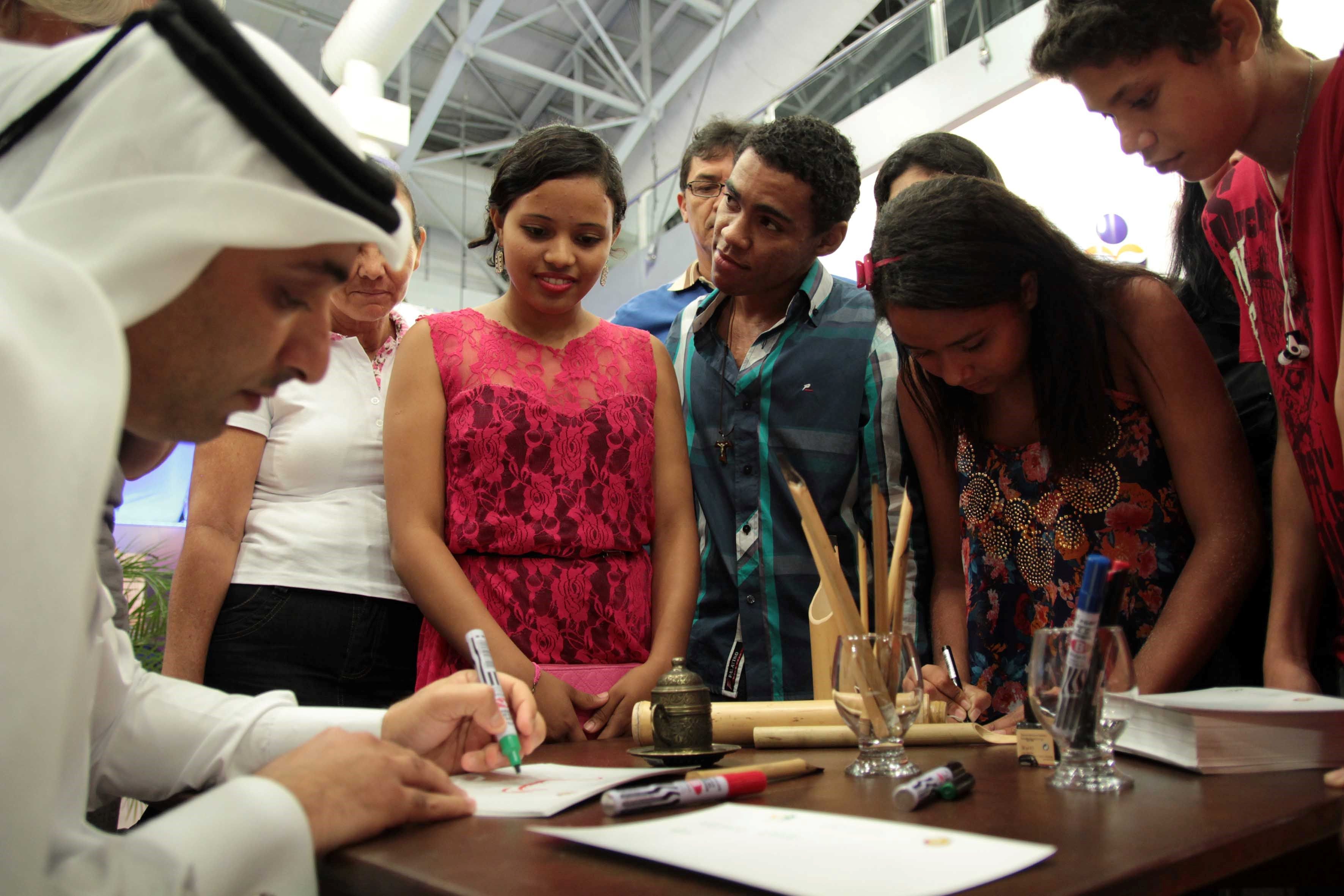
A Memorandum of Understanding between Qatar’s National Library and Bibliaspa (Arab and South American Library) furthers cooperation on translation, joint archival projects, and the preservation of Arab-South American cultural heritage.
In October 2023, Fundação Getulio Vargas (FGV), one of Brazil’s leading academic institutions, launched a partnership with Qatar’s Education Above All Foundation to conduct joint research on inclusive education and learning challenges in Brazil.
The Qatar Brazil 2014 Year of Culture was a landmark initiative aiming to build lasting cultural bridges through a curated programme of events and collaborations.
With over 50 events held across Doha and various Brazilian cities, the programme featured art exhibitions, film screenings, educational exchanges, and public performances, all reflecting the vibrant cultures of both nations. The initiative sought to promote dialogue, understanding, and appreciation for each country's heritage and modern identity.
Among the standout events was the Brazil Festival at the Museum of Islamic Art Park in Doha, where live music, capoeira performances, Brazilian street food, and visual arts captivated thousands of attendees. Brazilian chefs also played a prominent role in the 2014 Qatar International Food Festival (QIFF), with interactive culinary showcases introducing Brazilian cuisine to Qatari audiences.
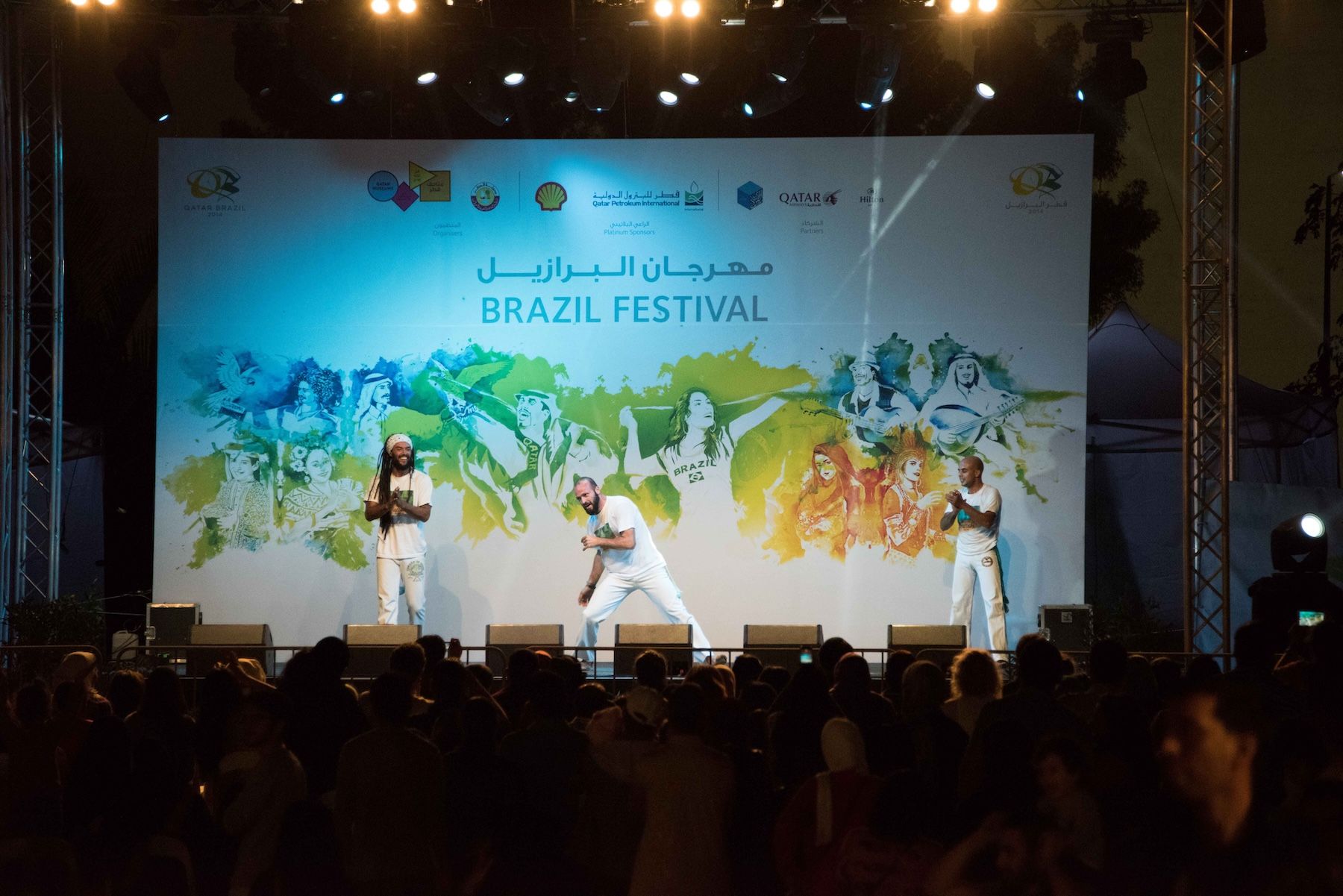
Another highlight was the symbolic Sister Cities agreement between Doha and Brasília, formally signed at the Museum of Islamic Art, cementing a long-term commitment to cultural and urban cooperation.
The Here and There contemporary art exhibition at Gallery Al Riwaq featured works by artists from Qatar (here) and Brazil (there) side by side, creating a stunning visual conversation between the two cultures. Another remarkable exhibition was Football Without Boundaries by Brazilian photographer Caio Vilela, hosted at Katara Art Centre. The exhibit showcased the unifying power of football across global communities, connecting cultures through a shared passion.
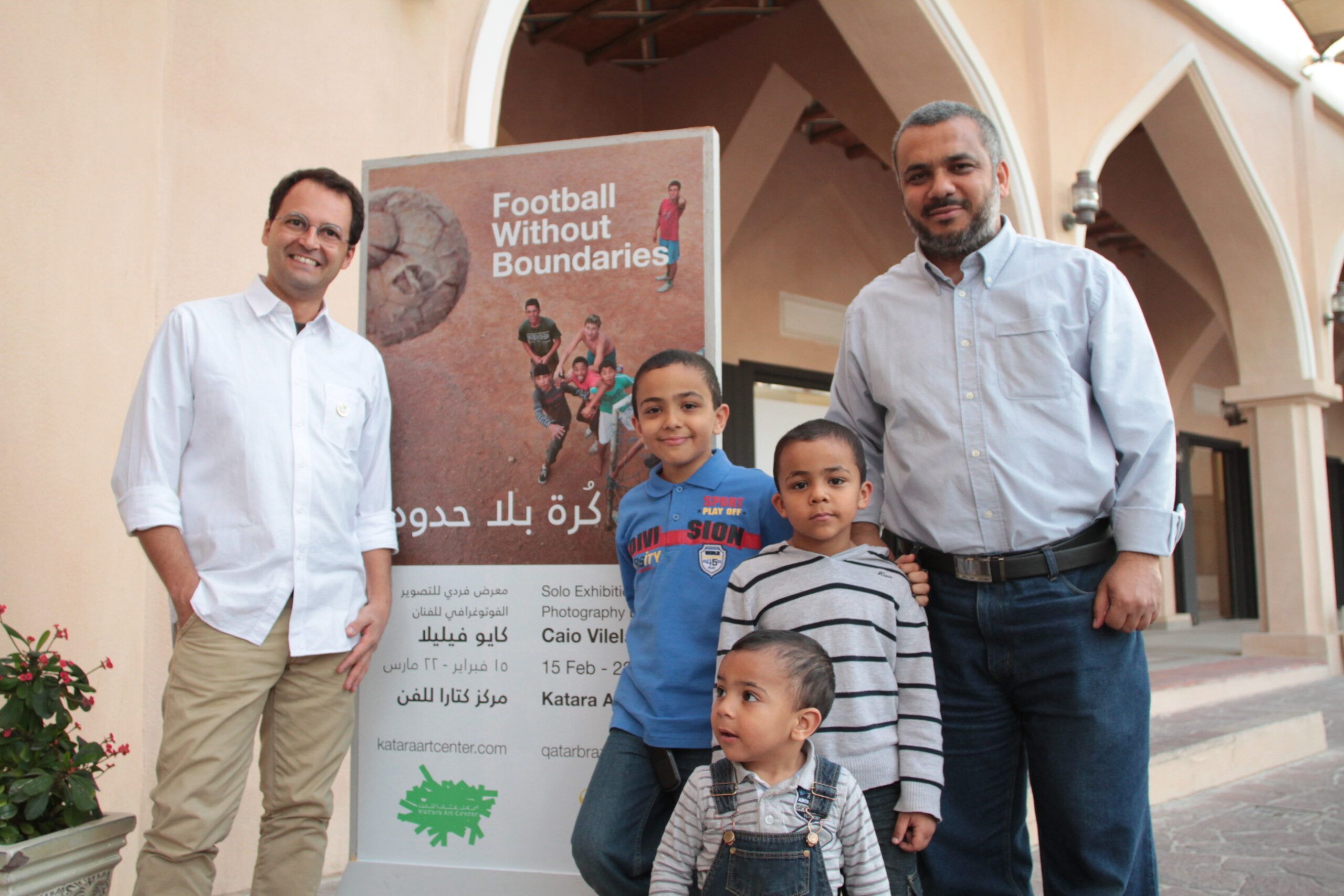
Photographers from both countries participated in the first joint photography expedition, capturing daily life in Brazil and Qatar. Their work culminated in a travelling exhibition that offered a deeply human perspective on cultural identity.
Additionally, the Create and Inspire festival offered young artists from Qatar and partner countries a unique opportunity to collaborate with Brazilian creatives across cities such as São Paulo, Salvador, and Ouro Preto, enriching cross-cultural learning through art, film, and photography.
Qatar-Brazil 2014 also reached educational institutions, with language exchanges and interactive programmes such as 1001 Inventions: Science from Muslim Civilisations, which introduced nearly 2,000 Brazilian students to the scientific achievements of the Islamic Golden Age through school visits and teacher training.
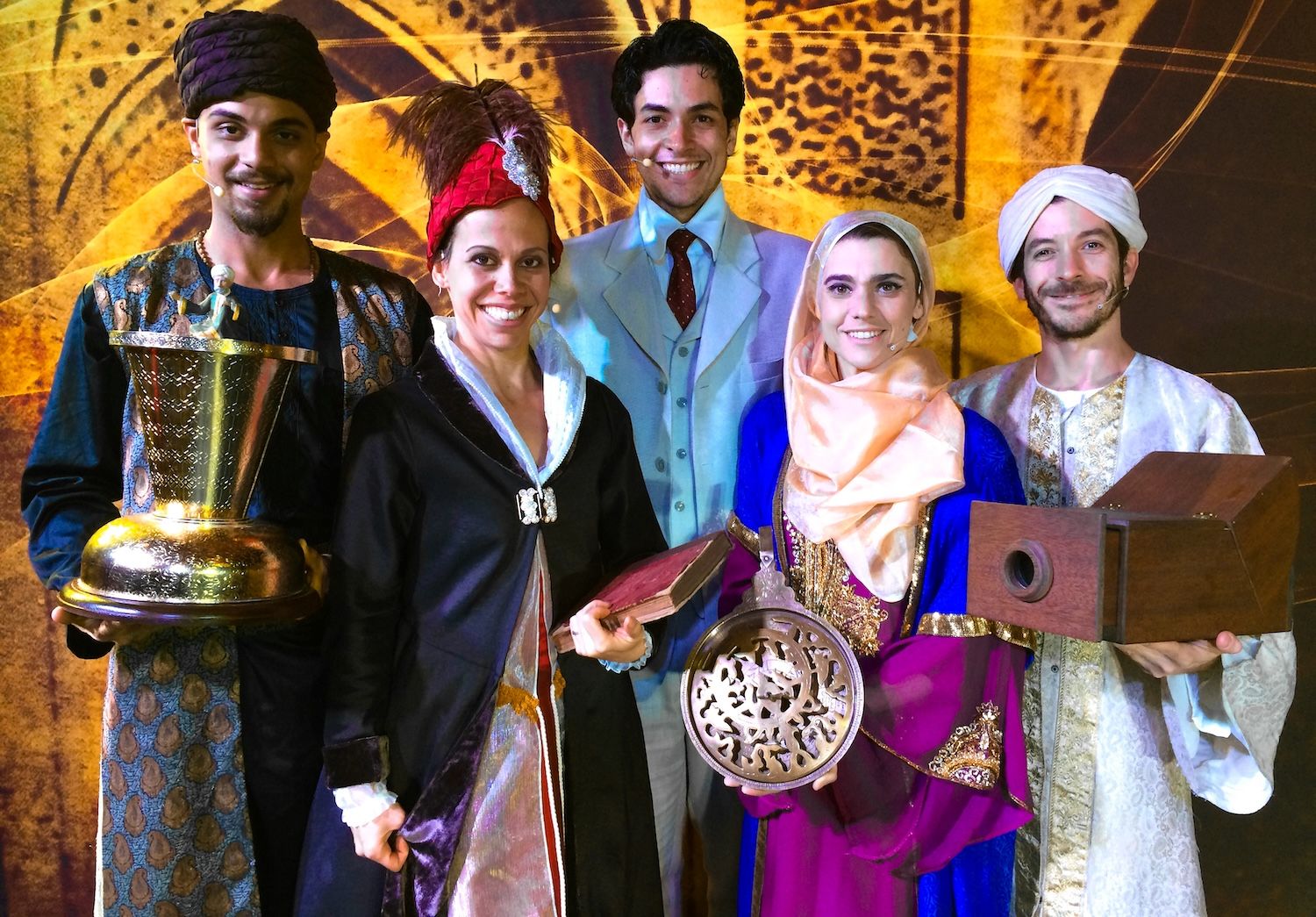
During the Pan-Amazon Book Fair in Belém, Qatar was also honoured as the theme country under the title “Qatar: A Window to the Arab World.” This unprecedented spotlight introduced Brazilian audiences to Qatari poetry, literature, and storytelling traditions.
These many shared celebrations and experiences during the Qatar-Brazil 2014 Year of Culture have served as a springboard for ongoing dialogue between the nations.
Qatar and Brazil continue to demonstrate the transformative potential of strategic international engagement. Their enduring alliance has evolved into a robust framework for cooperation. From high-level political discussions to expanding trade and artistic exchanges, both nations have forged a compelling model of global partnership.
The legacy of initiatives like the Qatar–Brazil 2014 Year of Culture underscores the lasting impact of cultural diplomacy in building bridges. As Qatar and Brazil embrace new opportunities, their shared values and ambitions are set to drive deeper collaboration - championing innovation, sustainability, and dialogue in an increasingly connected world.
Find out more about upcoming events happening as part of the Qatar, Argentina and Chile 2025 Year of Culture.